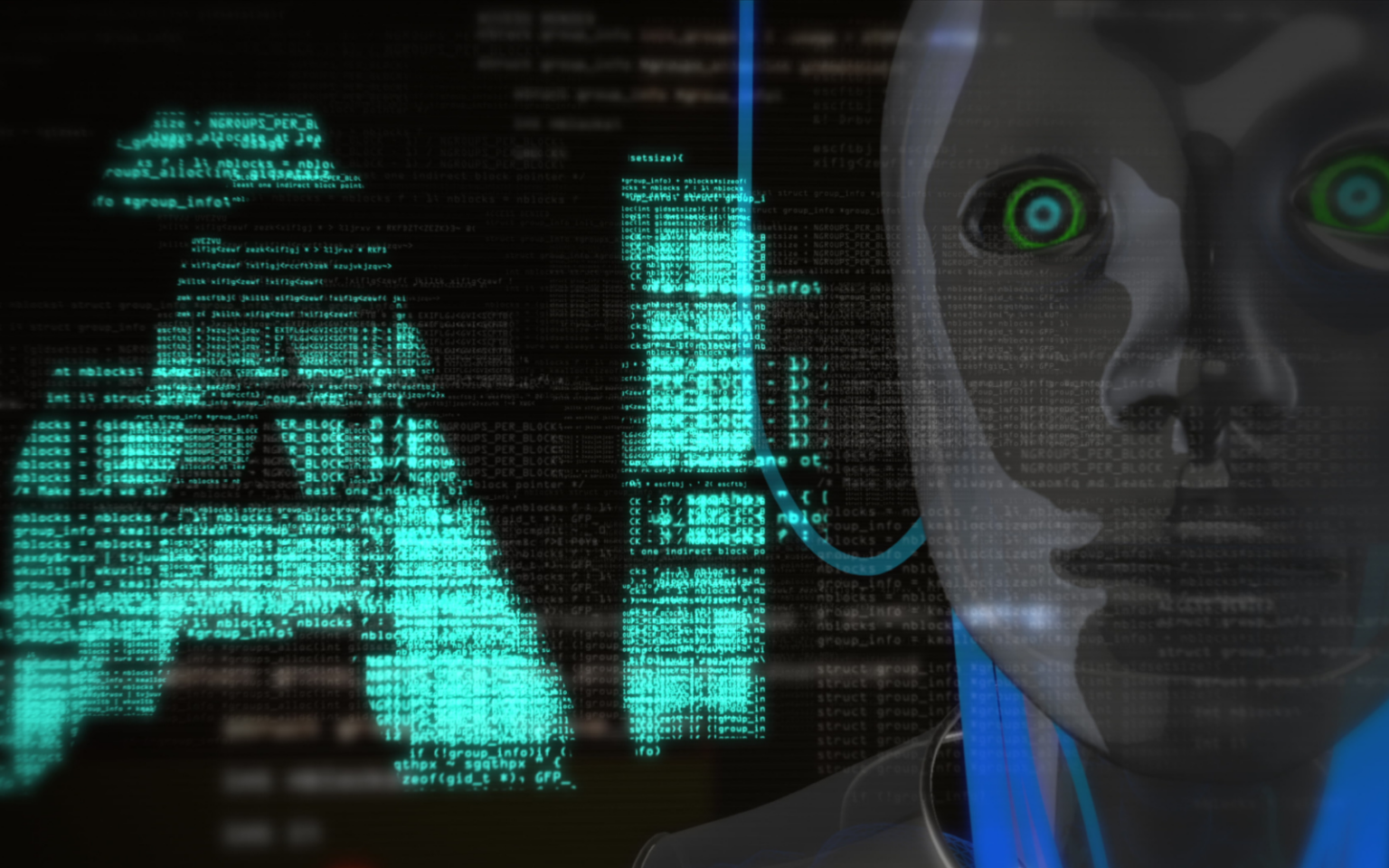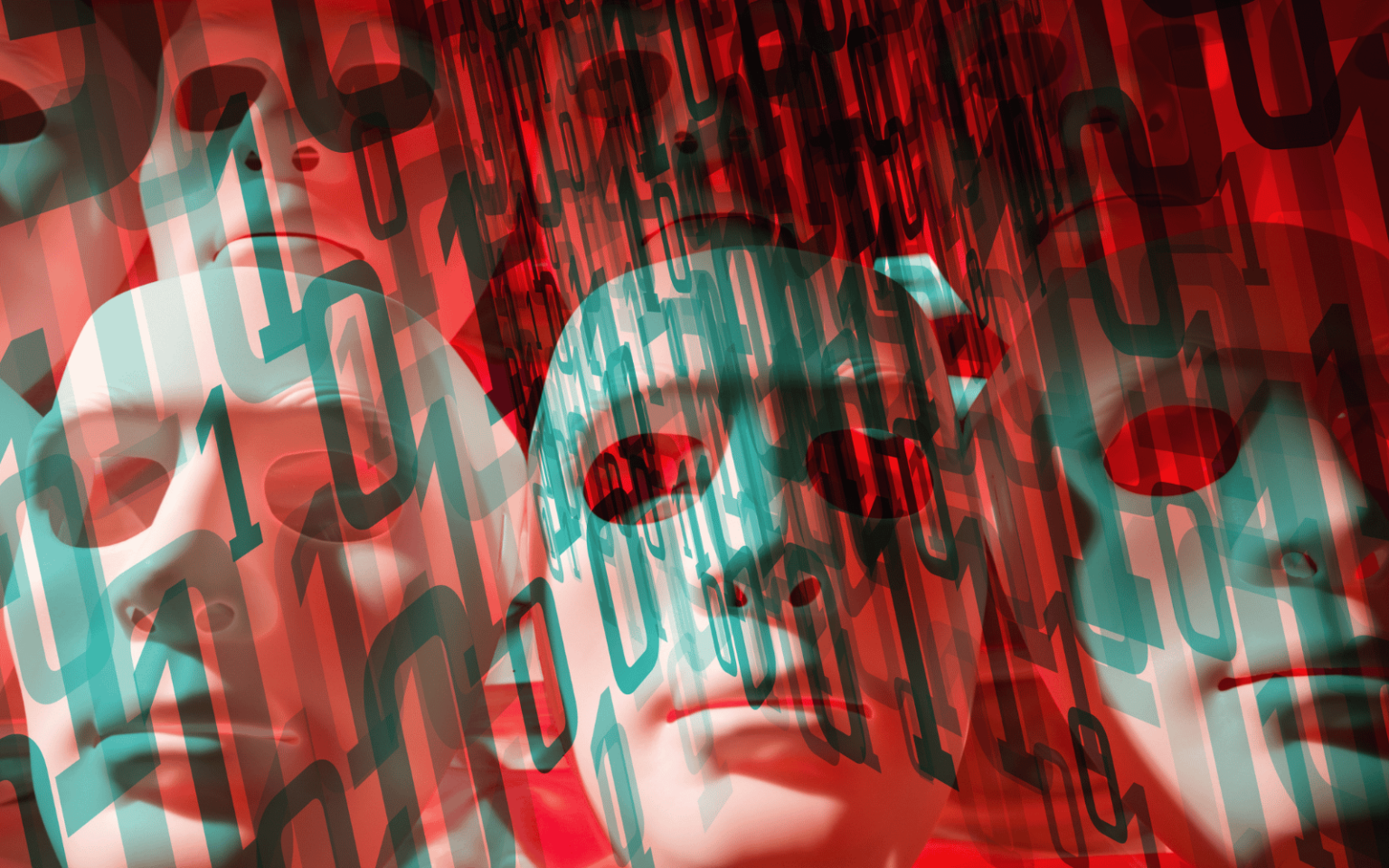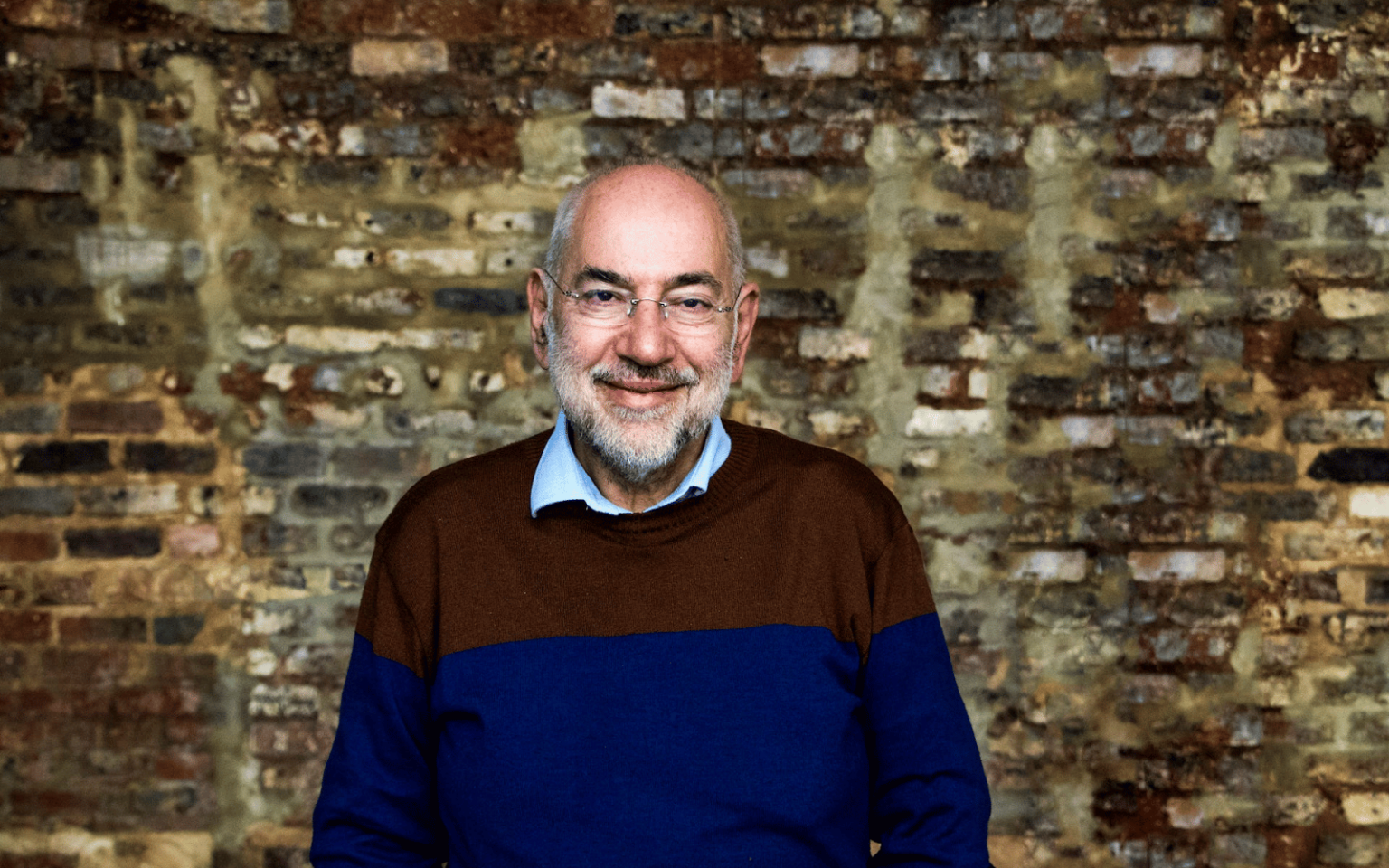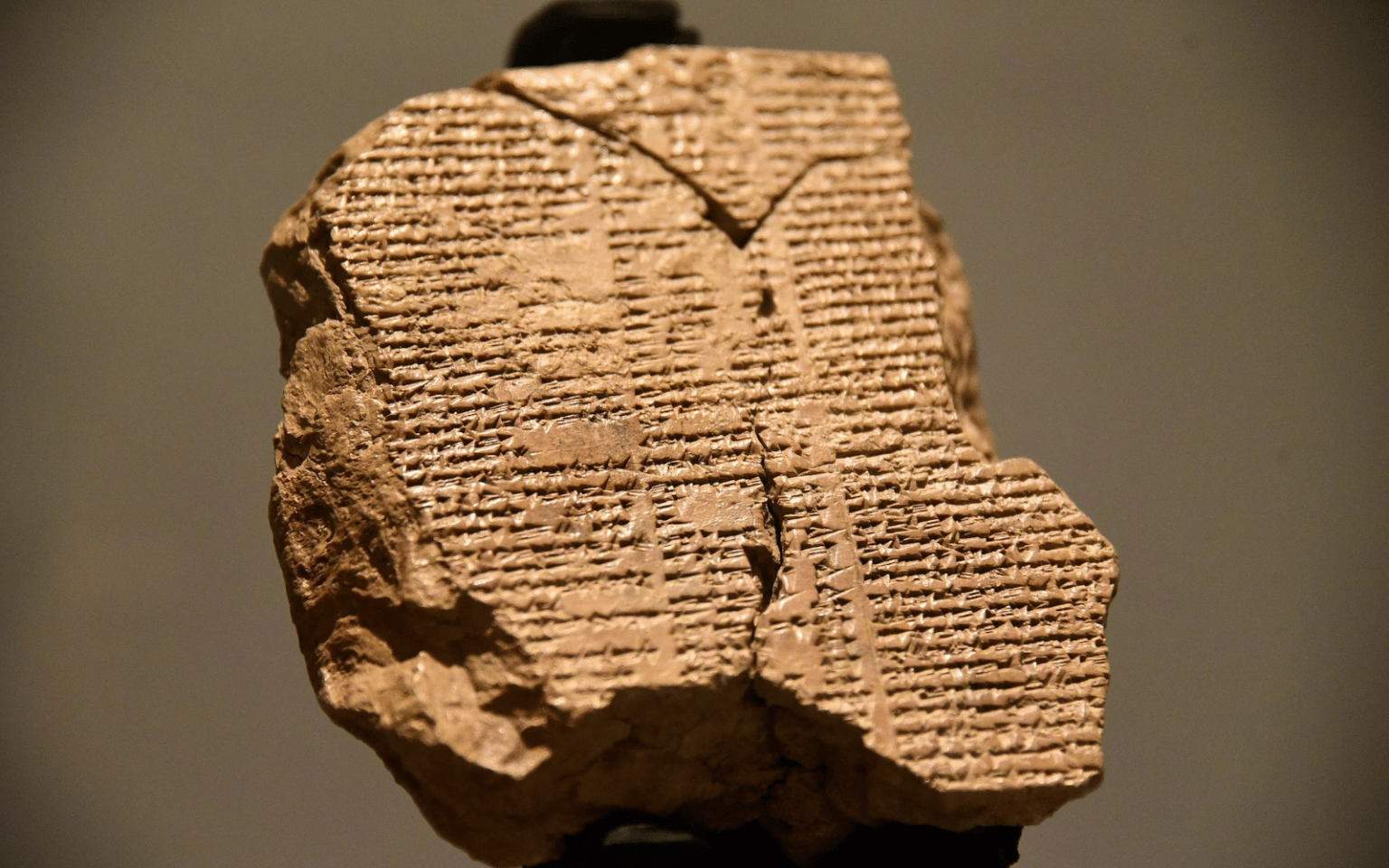Imagine, if you will, a digital doppelgänger. A clone that looks, talks and behaves just like you, created from the depths of artificial intelligence, reflecting your every mannerism with eerie precision. As thrilling as it might sound, how would you feel about it? Our research at the University of British Columbia turns the spotlight onto this very question. With advancements in deep-learning technologies such as interactive deepfake applications, voice conversion and virtual actors, it’s possible to digitally replicate an individual’s appearance and behaviour. This mirror image of an individual created by artificial intelligence is referred to as an “AI clone.” Our study dives into…
Author: The Conversation
The human brain is made up of around 86 billion neurons, linked by trillions of connections. For decades, scientists have believed that we need to map this intricate connectivity in detail to understand how the structured patterns of activity defining our thoughts, feelings and behaviour emerge. Our new study, published in Nature, challenges this view. We have discovered that patterns of activity in our neurons are more influenced by the shape of the brain – its grooves, contours, and folds – than by its complex interconnections. The conventional view is that specific thoughts or sensations elicit activity in specific parts of…
Doomsaying is an old occupation. Artificial intelligence (AI) is a complex subject. It’s easy to fear what you don’t understand. These three truths go some way towards explaining the oversimplification and dramatisation plaguing discussions about AI. Yesterday outlets around the world were plastered with news of yet another open letter claiming AI poses an existential threat to humankind. This letter, published through the nonprofit Center for AI Safety, has been signed by industry figureheads including Geoffrey Hinton and the chief executives of Google DeepMind, Open AI and Anthropic. However, I’d argue a healthy dose of scepticism is warranted when considering the AI doomsayer narrative.…
The recent news that BT would reduce its workforce by as many as 55,000 by 2030, including about 10,000 jobs replaced by artificial intelligence (AI), is part of a growing trend of job losses globally due to various forms of automation. This is borne out by several industry reports, including one from McKinsey Global Institute (MGI) acknowledging that as many as 800 million jobs may be lost globally due to changes in technology by 2030. In our book Work 3.0, the author and business adviser Avik Chanda and I contend that, due to automation as well as newer ways of working, workplaces can become…
This week a group of well-known and reputable AI researchers signed a statement consisting of 22 words: Mitigating the risk of extinction from AI should be a global priority alongside other societal-scale risks such as pandemics and nuclear war. As a professor of AI, I am also in favour of reducing any risk, and prepared to work on it personally. But any statement worded in such a way is bound to create alarm, so its authors should probably be more specific and clarify their concerns. As defined by Encyclopedia Britannica, extinction is “the dying out or extermination of a species”. I have…
To some of his former students, Professor Barry Dwolatzky was the “Grand Geek” – a name of which he was very proud. But Barry, who passed away in Johannesburg, South Africa on 16 May 2023, was much more than a computer geek. He was also a leader and a visionary in the field of software engineering in South Africa. At the time of his passing he was 71 years old. He was by then retired from academia and held the title of Emeritus Professor at the University of the Witwatersrand (Wits), where he spent much of his career. But he…
We all know that high levels of stress in the workplace can lead to burnout. But less attention is given to long periods of intense boredom, sometimes referred to as “rust out” or “bore out”. This typically comes with feelings of weariness, distraction and a lack of motivation, alongside the perception of time slowing down. Despite this, it’s a problem that many managers and organisations ignore. If burnout is the result of overly high levels of demand at work, then rust out is caused by overly low levels of demand or stimulation. When employees are bored and disengaged at work for extended periods of…
Being on social media has become synonymous with living in the 21st century. Year after year, we see new platforms and smarter algorithms roping us into highly addictive online worlds. Now, a growing number of people have noticed this trend and are actively making an effort to resist it. Anecdotally, a case can be made for quitting social media, and there are myriad reasons why someone might want to. But is there evidence that doing so is good for you in the long term? Drivers for quitting Although there are too many social media platforms to name, most people tend…
[… who s]aw the Deep, […] the country, [who] knew […], […] all […] [… who] saw the Deep, […] the country, [who] knew […], […] all […] This first quote represents the beginning of the Epic of Gilgamesh as known from the 19th century onwards. The following one shows the text fully restored, in the form it achieved over 100 years later, when a new fragment of it was published in 2007. He who saw the Deep, the foundation of the country, who knew the proper ways, was wise in all matters! Gilgamesh, who saw the Deep, the foundation of the country,…
Generative AI is the hot new technology behind chatbots and image generators. But how hot is it making the planet? As an AI researcher, I often worry about the energy costs of building artificial intelligence models. The more powerful the AI, the more energy it takes. What does the emergence of increasingly more powerful generative AI models mean for society’s future carbon footprint? “Generative” refers to the ability of an AI algorithm to produce complex data. The alternative is “discriminative” AI, which chooses between a fixed number of options and produces just a single number. An example of a discriminative output is…










